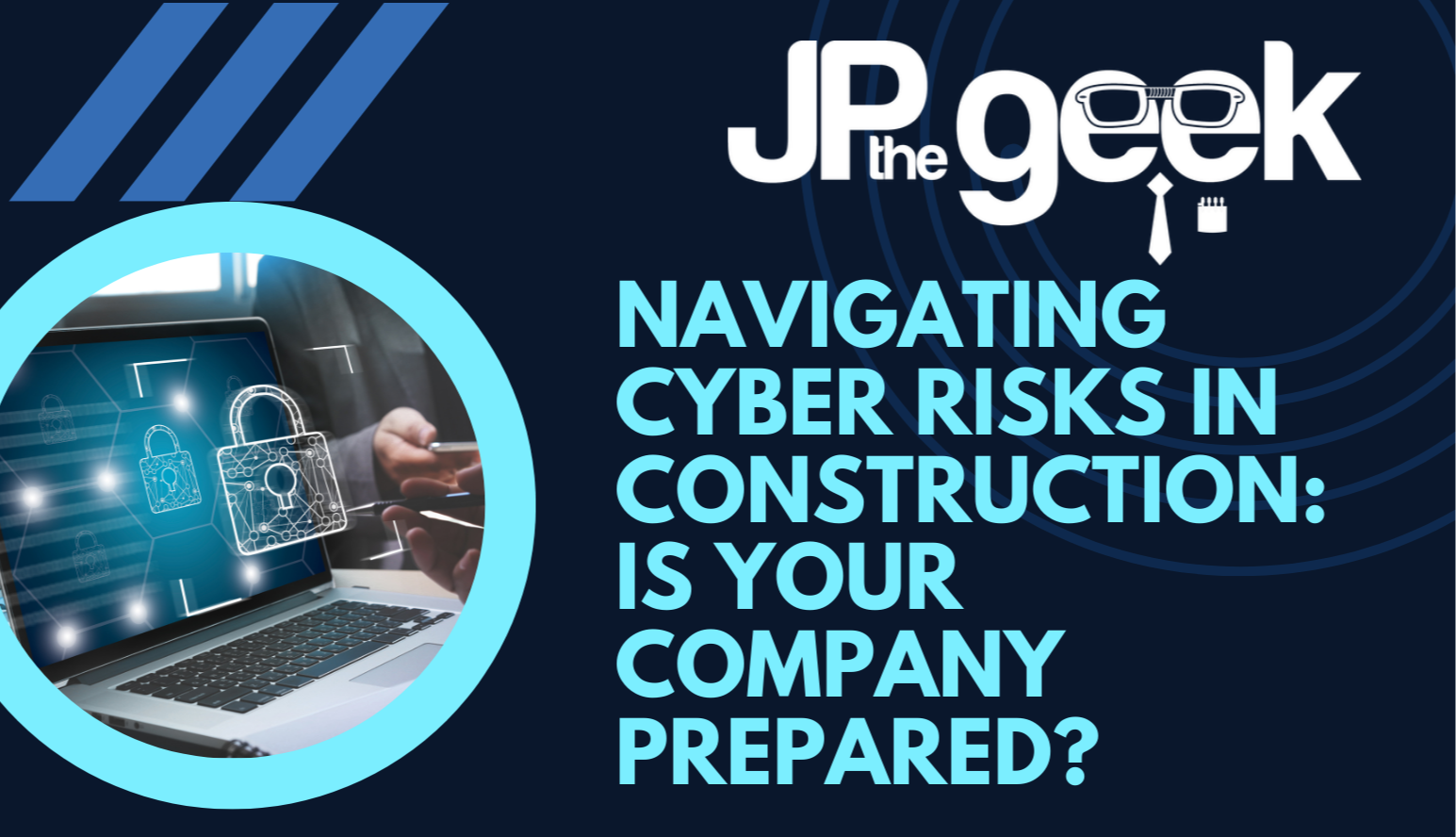Building Trust in Finance: The Vital Role of Cybersecurity in Financial Services
In the intricate landscape of financial services, cybersecurity emerges as a linchpin, ensuring the safeguarding of financial transactions and...

In the evolving digital landscape, cybersecurity is no longer an optional part of business management; it is essential. Certified Public Accountants (CPAs) are uniquely positioned to influence and enhance cybersecurity measures, given their pivotal role in handling sensitive financial data. A comprehensive Cybersecurity Risk Assessment (CSRA) is critical for CPAs to not only protect their practices but also to advise clients effectively on similar strategies. Here’s a guide to understanding the what, why, and how of CSRA for CPAs.
A CSRA is a systematic process designed to identify, assess, and prioritize risks to an organization's information and its information systems. This process involves evaluating the potential threats to the organization's data—including financial records, personal information of clients, and proprietary business data—and determining the likelihood and impact of these threats materializing.
For CPAs, the integrity and security of data are not merely a compliance requirement but a cornerstone of client trust and business viability. Here’s why conducting a CSRA is crucial:
Conducting a CSRA involves several steps that can be tailored to the size and complexity of the organization. Here’s a simplified process tailored for CPA practices:
Begin by identifying what data, information systems, and resources need protection. For a CPA, this could include client financial records, tax return information, and proprietary financial models.
Assess the potential threats to these assets. This includes both internal threats (e.g., employee error or misconduct) and external threats (e.g., hackers, phishing schemes).
Determine how susceptible your current systems are to these threats. This might involve scanning for vulnerabilities in software, assessing the security practices of employees, and reviewing physical security measures.
Analyze the identified risks by considering the likelihood of each risk and its potential impact on the business. This will help prioritize the risks that need the most immediate attention.
Develop strategies to mitigate these risks. This could include implementing stronger cybersecurity measures, such as multi-factor authentication, encryption, regular updates and patches to software, and employee training programs.
Cybersecurity is not a one-time task but an ongoing process. Regular reviews of the CSRA process are essential to adapt to new threats and changes in the business environment.
For CPAs, a robust CSRA is not just about protecting their own data but also about serving as a trusted advisor in cybersecurity for their clients. As financial experts, CPAs have a responsibility to advocate for and implement comprehensive cybersecurity measures. By regularly conducting cybersecurity risk assessments, CPAs can ensure the security and integrity of the financial information that is crucial to their practice and client relationships.

In the intricate landscape of financial services, cybersecurity emerges as a linchpin, ensuring the safeguarding of financial transactions and...

As tax season approaches, Certified Public Accountants (CPAs) find themselves immersed in a flurry of financial activities. While managing sensitive...

In the digital age, where construction companies seamlessly blend physical craftsmanship with technological prowess, the importance of cybersecurity...